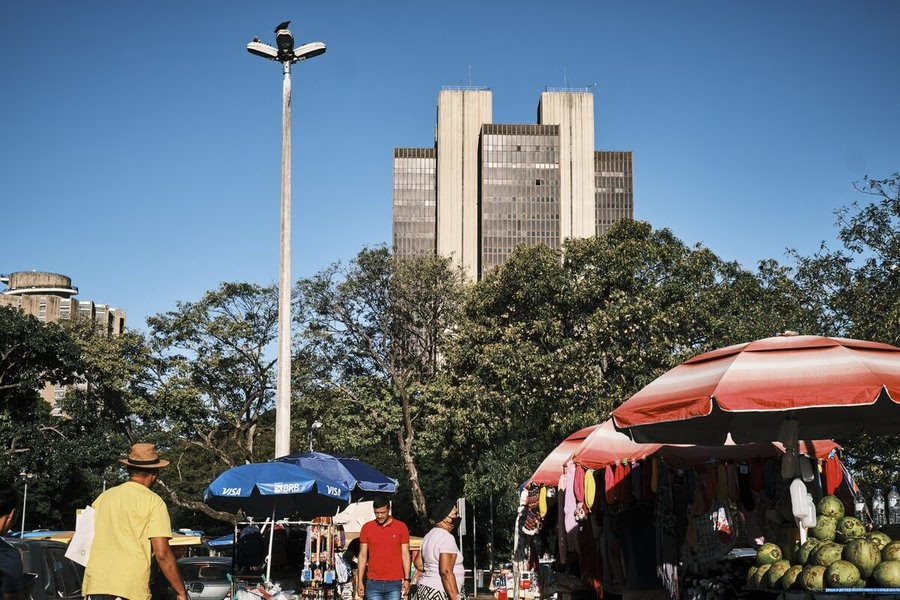A recent survey by Brazil‘s Securities and Exchange Commission (CVM) reveals that more Brazilians are investing in, trading, or holding Bitcoin and other altcoins than ever before. The report, made public on December 17, shows that investors are dedicating between 7% and 35% of their portfolios to cryptocurrencies.
The survey, which was conducted in 2023, interviewed over 700 individuals about their investment habits. Participants were asked to categorize themselves as “conservative,” “moderate,” or “bold” investors. Among the “conservative” group, respondents indicated that an average of 7.25% of their savings were allocated to cryptocurrencies.
“Moderate” investors reported holding around 21% of their financial products in crypto assets, while the most bullish participants, self-identified as “bold” investors, allocated as much as 35% of their portfolios to cryptocurrencies. Interestingly, nearly half (50%) of those surveyed considered themselves “bold” investors, highlighting a strong crypto interest among Brazilian investors.
Brazil’s central bank announced it would sell as much as $3 billion in a spot auction on Thursday, its fourth such intervention this week amid a massive currency selloff. https://t.co/JBajlW6MS5
— Bloomberg (@business) December 18, 2024
In contrast, conservative investors tended to favor traditional fixed-income securities, with over 50% of their portfolios in instruments like CDB and RDBs, which differ in liquidity and availability. This group also showed preference for public securities and a smaller number held foreign currencies.
Moderate investors, on the other hand, favored stocks and conventional exchange-traded funds (ETFs). Among the bold investors, stock market trading was also a popular choice, with over 90% of them holding shares.
The CVM emphasized its goal of “fostering financial education” and creating a “more democratic, transparent, and inclusive capital market.” The commission has also been proactive in approving Bitcoin spot ETFs and altcoin ETFs. Notably, in August of this year, it became the first regulatory body in the world to approve a Solana-based ETF.



